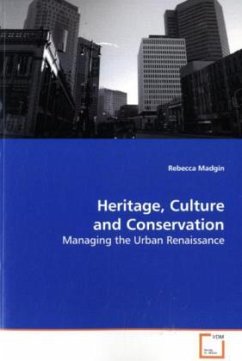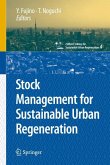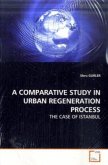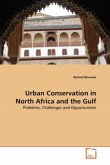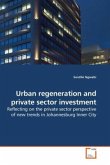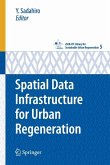What strategies did cities develop from the 1970s as
their industrial base experienced terminal
contraction? How did cities manage the transition
from their traditional industrial base to one suited
to a global economy? Central to these processes was
a strategy to improve the built environment by
either adapting historic urban buildings or by
demolishing and replacing them. Proposed demolitions
revealed both the extent to which the historic
environment was considered relevant in a
contemporary world and what value it was assigned by
a complex matrix of agencies. In the context of
these different agendas and fluctuating power bases
this book identified a four stage process of using
the historic environment to secure urban
regeneration: firstly, recognising the meaning of
space; secondly, managing urban change; thirdly,
seducing urban users, and fourthly, manipulating the
historic environment. The book will prove useful to
students and professionals working in the fields of
history, heritage, planning and regeneration.
their industrial base experienced terminal
contraction? How did cities manage the transition
from their traditional industrial base to one suited
to a global economy? Central to these processes was
a strategy to improve the built environment by
either adapting historic urban buildings or by
demolishing and replacing them. Proposed demolitions
revealed both the extent to which the historic
environment was considered relevant in a
contemporary world and what value it was assigned by
a complex matrix of agencies. In the context of
these different agendas and fluctuating power bases
this book identified a four stage process of using
the historic environment to secure urban
regeneration: firstly, recognising the meaning of
space; secondly, managing urban change; thirdly,
seducing urban users, and fourthly, manipulating the
historic environment. The book will prove useful to
students and professionals working in the fields of
history, heritage, planning and regeneration.

